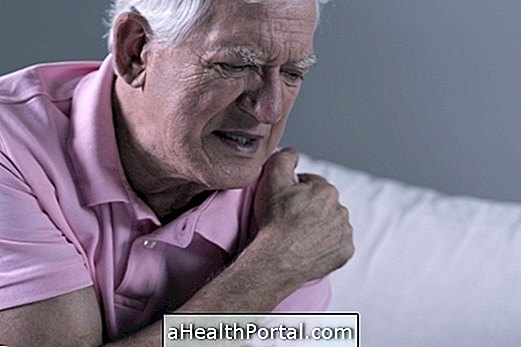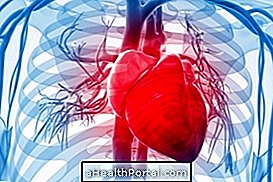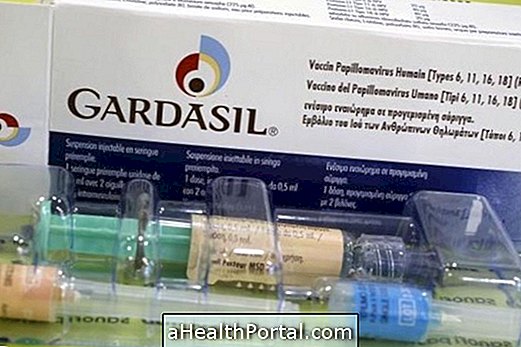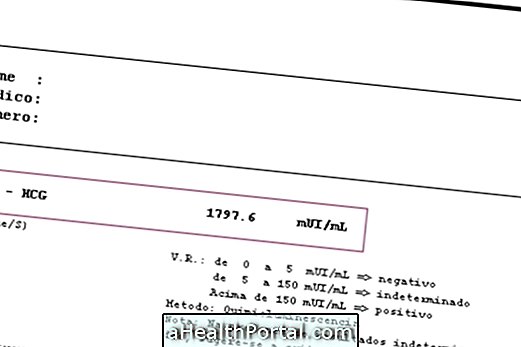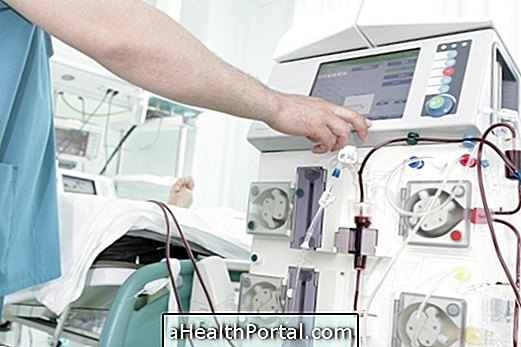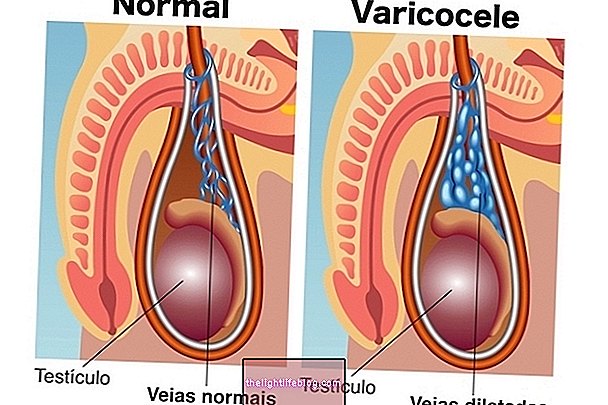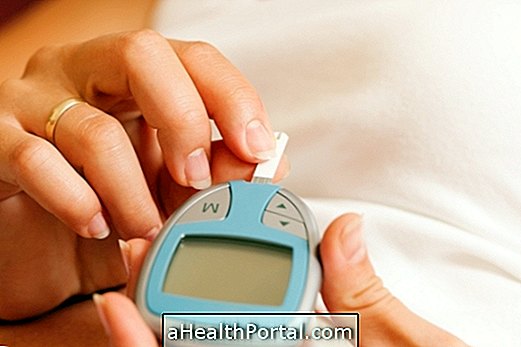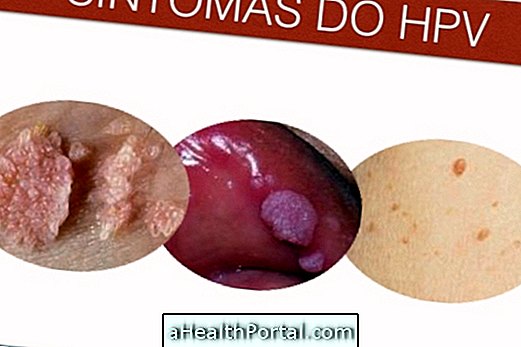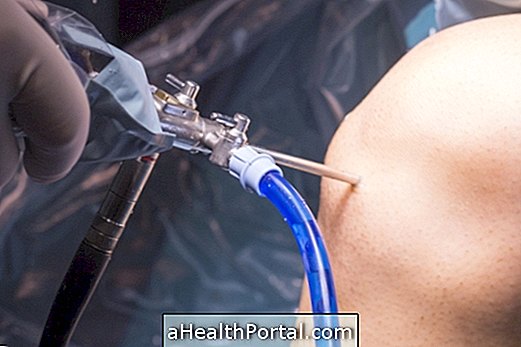Chest pain is uncommon and is usually related to kicks in the chest or ribs, which can occur due to traffic accidents or impacts when playing some more violent sports such as Muay Thai, MMA or Rugby, for example.
However, pain in the ribs may also be a sign of a respiratory problem, and in more severe cases, it may indicate cancer or even a heart attack. So whenever the pain is too intense or takes more than 2 days to relieve, it is advised to go to the general practitioner to identify the cause and start the most appropriate treatment.

1. Chipping in the ribs
This is the main cause of rib pain that usually occurs due to falls, traffic accidents or sports, resulting in constant pain in the ribs, purple spots and difficulty in moving the torso. In most cases, strokes are mild and cause only a stretch in the muscles, but there are other situations where fractures may occur.
- What to do : It is advised to keep the rest to allow the muscles to recover, however, you can also apply cold compresses on the affected site, especially if there are purple spots on the spot. If the pain is very intense and prevents breathing or if there is a suspicion of fracture, it is very important to go to the hospital to have an X-ray and start treatment. See when to use hot or cold compresses to relieve pain.
2. Costochondritis
Costochondritis is the most common cause of rib pain when there is no specific cause, such as a chest stroke. It occurs due to the inflammation of the cartilages that attach the upper ribs to the sternum bone, and it is therefore common to feel intense sensitivity in the region between the nipples, especially when pressing on the region. See all the symptoms of costochondritis.
- What to do : In many cases the symptoms improve after 2 or 3 days only with rest and application of hot compresses in the area, but it may also be necessary to take analgesics, such as naproxen or anti-inflammatories, such as ibuprofen, preferably prescribed by the general practitioner .
3. Pleurisy
Pleurisy is an inflammatory problem that affects the pleura, a thin layer of tissue that lines the lungs and the interior of the thoracic region. In these cases, it is common for the pain to be more intense upon inhaling as it is when the lungs fill with air and the inflamed tissue scrapes the surrounding organs.
- What to do : It is important to go to the hospital to start antibiotic treatment directly into the vein and relieve inflammation. In addition, respiratory physiotherapy may still be required for up to 2 weeks.

4. Fibromyalgia
Fibromyalgia is a type of chronic pain that can affect different parts of the body, but does not yet have a specific cause, and can occur at any age, especially between 30 and 60 years. Usually, pain is attributed to fibromyalgia when all exams are done and it is not possible to identify another cause for the pain in the rib.
- What to do : There is no specific way to treat fibromyalgia; however, some techniques like acupuncture, physical therapy or investing in a diet richer in omega 3 can help improve the quality of life. See the main ways of treating fibromyalgia.
Pulmonary embolism
Pulmonary embolism, although rare, is a serious condition that occurs when an artery in the lung is blocked by a clot and can cause serious injury, with symptoms such as severe breathing pain, shortness of breath, rapid breathing, coughing up blood and sweating excessive. Understand better how to identify a pulmonary embolism.
- What to do : If pulmonary embolism is suspected, it is important to go to the hospital quickly, as treatment must be started to remove the clot from the lung and allow the blood to flow freely again.
6. Lung cancer
Although it is the rarest cause, the onset of pain in the chest region near the ribs can also be a sign of lung cancer. In these cases, the pain is more intense when taking a deep breath and other signs such as wheezing, coughing up blood, back pain and weightlessness can occur. See other symptoms of lung cancer.
- What to do : The treatment for cancer should be started as soon as possible to ensure the best chances of cure, so if there is a suspicion of cancer it is very important to make an appointment with the pulmonologist.
